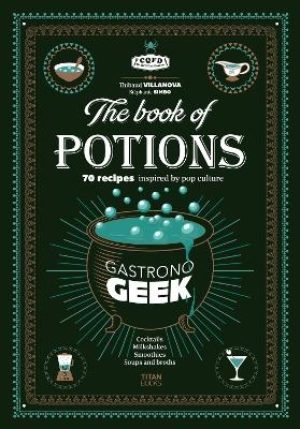
Lonely Planet Budapest & Hungary
Lonely Planet's Budapest and Hungary is our most comprehensive guide that extensively covers all the city and country has to offer, with recommendations for both popular and lesser-known experiences. Take a cruise along the Danube, hang out at a ruin bar and take a dip in one of the many thermal baths; all with your trusted travel companion.
Inside Lonely Planet's Budapest and Hungary Travel Guide:
Lonely Planet's Top Picks - a visually inspiring collection of the destination's best experiences and where to have them
Itineraries help you build the ultimate trip based on your personal needs and interests
Local insights give you a richer, more rewarding travel experience - whether it's history, people, music, landscapes, wildlife, politics
Eating and drinking - get the most out of your gastronomic experience as we reveal the regional dishes and drinks you have to try
Destination specific chapter on Budapest's thermal baths and spas
Toolkit - all of the planning tools for solo travellers, LGBTQIA+ travellers, family travellers and accessible travel
Colour maps and images throughout
Language - essential phrases and language tips
Insider tips to save time and money and get around like a local, avoiding crowds and trouble spots
Covers Budapest, the Danube Bend, Lake Balaton, Szeged, Pecs, Sopron, Southern Transdanubia, the Great Plain, Western Transdanubia, Eger, Northern Uplands, Szentendre, Visegrad, Villany, and more.
About Lonely Planet:
Lonely Planet, a Red Ventures Company, is the world's number one travel guidebook brand. Providing both inspiring and trustworthy information for every kind of traveller since 1973, Lonely Planet reaches hundreds of millions of travellers each year online and in print and helps them unlock amazing experiences. Visit us at lonelyplanet.com and join our community of followers on Facebook (facebook.com/lonelyplanet), Twitter (@lonelyplanet), Instagram (instagram.com/lonelyplanet), and TikTok (@lonelyplanet).
'Lonely Planet. It's on everyone's bookshelves; it's in every traveller's hands. It's on mobile phones. It's on the Internet. It's everywhere, and it's telling entire generations of people how to travel the world.' Fairfax Media (Australia)





